Built in 1999-2003, and with a total length of 400m and a building area of 9,500 m2, the Experiment Hall for Sediment in River Channel and Estuary is equipped with three clear water reservoirs with a total volume of 1700 m3, two sets of 300 m3 turbid water mixing and sanding systems, the automatic measurement and control and visualization system for large-scale solid model test parameters, as well as a large number of advanced instruments and equipment, such as two-dimensional and three-dimensional electromagnetic flow meters, fast particle analyzers, pipeline density meters, autographometers, self-recording water level meters, and automatic tailgates used in the measurement and control of sandy water flow models. The Lab is mainly engaged in experimental studies of large-scale river engineering, hydraulic engineering, and tidal solid models.
The Lab has successively participated in the experimental studies on the sediment simulation and control technology of the Three Gorges Reservoir and downstream channels under the National Science and Technology Support Program, National and Industrial Major Science and Technology Programs such as CTG Sediment Research Series Program, as well as on key technologies for a series of major water resources and hydropower projects such as cascade hydropower stations on the Jinsha River, and sedimentation in reservoirs of the Yellow River, and regulation of its downstream channels. During the “13th Five-Year Plan” period, the Lab was responsible for the experimental studies on the evolution and management related technologies of the Yangtze River, Yellow River and Pearl River estuaries in the pilot key special project “Efficient Development and Utilization of Water Resources” under the National Key R&D Program.
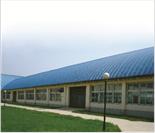
Sediment Experiment Hall
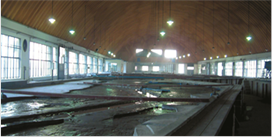
Test Model
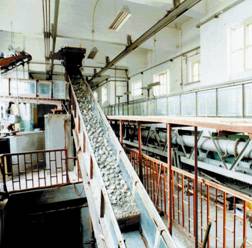
The influx flume for debris flows
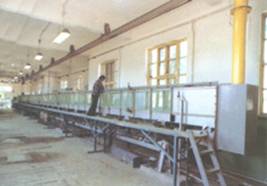
The
32m long self-circulating flume with adjustable slopes from 0 to 2% and maximum
sediment concentration of 600 kg/m3.
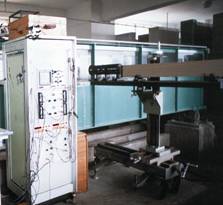
Laser
velocimeter
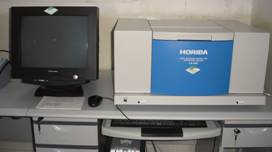
Fast
size gradation analyzer (LA920)